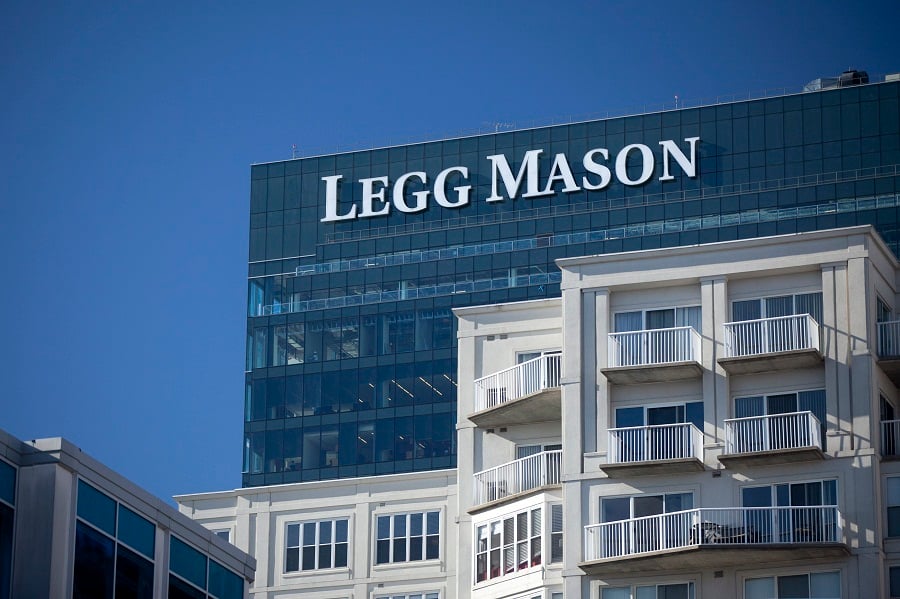Legg Mason won't be referring to its new suite of exchange-traded funds as smart beta, but that doesn't mean the financial services industry will be following its lead.
“The funds use a smart-beta method, combining elements of both passive and active investing, which makes sense for Legg Mason because they're known for active mutual funds,” said Todd Rosenbluth, director of mutual fund and ETF research at S&P Capital IQ.
The Baltimore-based asset management firm joins Goldman Sachs,
JP Morgan and John Hancock as
firms jumping into the ETF space with passive strategies based on proprietary quantitative research.
“We prefer to call them solution-based ETFs, because we're trying to solve a problem in the market related to concentration risk,” said Rick Genoni, managing director and head of ETF product management at Legg Mason.
The distinction is an effort by Legg Mason to avoid getting lost in the
confusing maze of ill-defined smart-beta products and strategies that have been populating the investment universe over the past several years.
“Everything not cap-weighted becomes smart beta, which we affectionately call the smart-beta zoo,” Mr. Genoni said. “We'd rather look at it as the problem we're trying to solve.”
The Legg Mason ETFs, which started trading Dec. 29,
include Legg Mason Developed Ex-US Diversified Core (DDBI), Legg Mason Emerging Markets Diversified Core (EDBI), Legg Mason US Diversified Core (UDBI) and Legg Mason Low Volatility High Dividend (LVHD).
The ETFs, managed by Legg Mason affiliate QS Investors, are described as taking a macro approach to building portfolios and balancing risk, designed to deliver broad market exposure to compliment core portfolios.
Like much of the smart-beta universe, the new funds are predicated on the understanding that capitalization-weighted indexes are not balanced across opportunities and risks in the marketplace, according to Legg Mason.
“Many investors think of ETFs only as market-cap-indexed vehicles, but our macro diversification and sustainable income approaches target specific investment outcomes in a cost-effective format,” said James Norman, president of QS Investors.
Illustrating the concentration risk associated with most cap-weighted indexes, Mr. Genoni pointed out that the MSCI EAFE Index is 50% represented by just two countries: the United Kingdom and Japan.
“If Abenomics fails, you're taking on some big macro risks in Japan,” he said, referencing the colloquial term for the economic reforms being applied by Japanese Prime Minister Shinzo Abe.
“It's hard to understand what the macro trends will be, or which countries or sectors will do better in coming years; that's why you want to diversify as broadly as possible,” Mr. Genoni said.
In basic terms, the Legg Mason approach involves pairing country and sector allocations that are behaving similarly into separate groups that are not correlated to other groups inside the same ETF.
“We're still taking all the stocks, we're simply trying to re-weight them,” Mr. Genoni said. “It tends to have a bit of a small-country bias, and finding industries that have not yet hit a bubble.”







